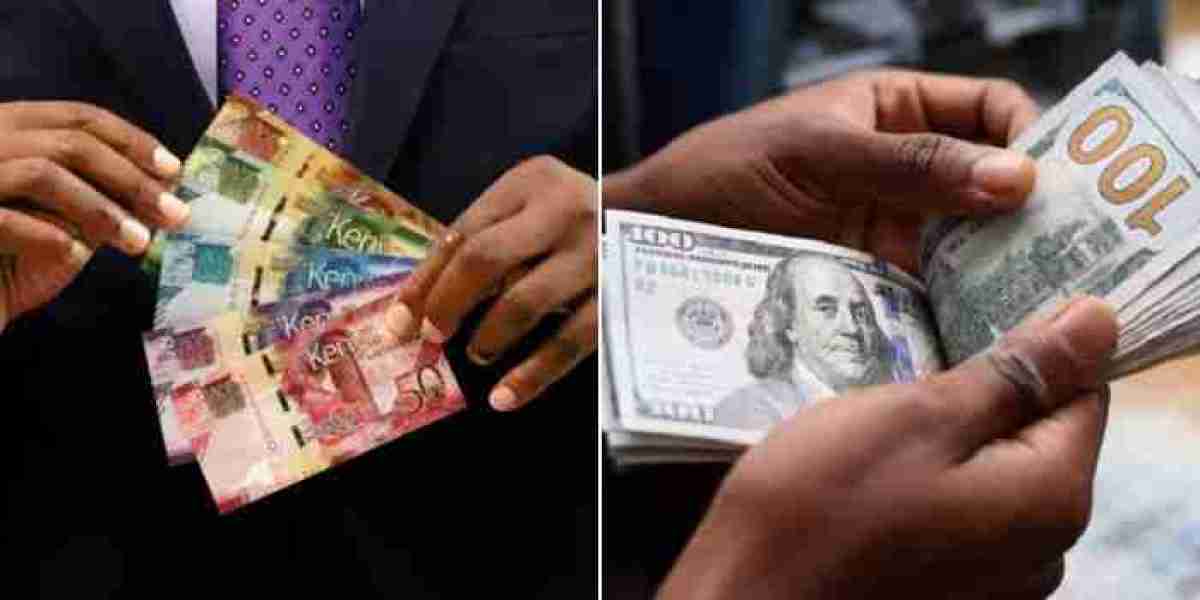In the Market Perceptions Survey that was conducted by the Central Bank of Kenya (CBK), the experts noted that the decline expected between April and May would result from the anticipated demand for dollars in the country.
The experts explained that the demand for dollars would soon be occasioned by the anticipated resumption of importation and the payment of dividends to investors abroad.
Many importers had shied away from business given the high cost of goods and importation.
Therefore, should the importers resume business as they were before the appreciation of the Shilling, there will be pressure on the exchange rate given that imports and dividend payments are done in dollars.
Nonetheless, the banks and businesses noted that the pressure would not be massive.
"Respondents expected the Shilling to strengthen supported by improved USD supply in the market, positive investor sentiments following the successful Eurobond issuance, diminished short-term debt sustainability concerns, reduced pressure from the import bill, strong diaspora remittances, attractive yields which could continue to draw portfolio flow into the country and flows from development partners.
"However, respondents expect that the resumption of the normal importation cycle and increased demand for dividend repatriation could keep the exchange rate slightly under pressure," read the report in part.
The Shilling has made major gains against the dollar in recent months with the dollar currently trading at Ksh127.
Notably, the World Bank ranked the Shilling as the best-performing currency in Sub-Sahara Africa after appreciating by 16 per cent between February and March
In January, the dollar was trading at an average of Ksh150 and Ksh130 in February and March.
The appreciation of the Shilling was witnessed after Kenya secured funds to repay the USD 2 billion Eurobond that is set to mature in June.

